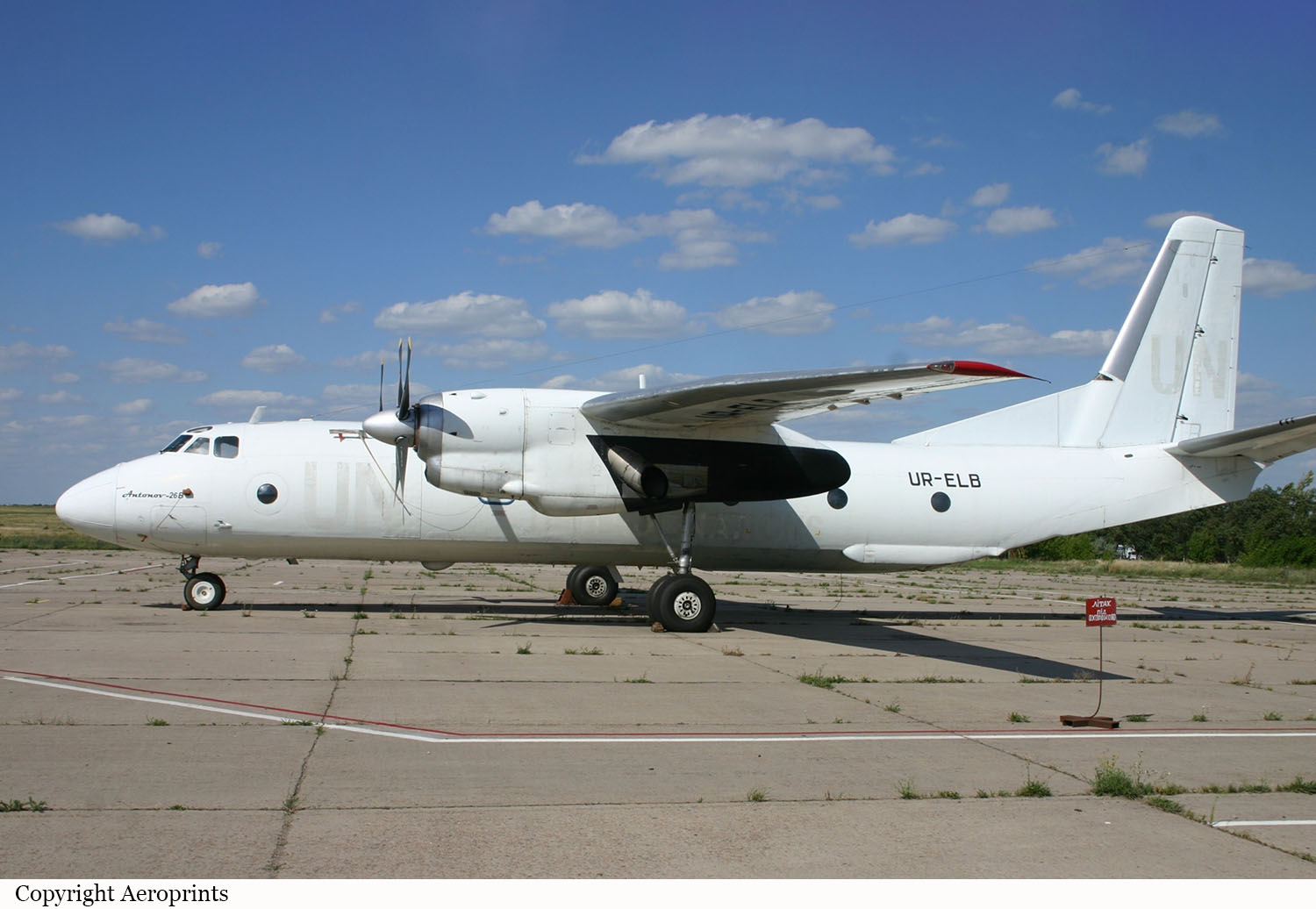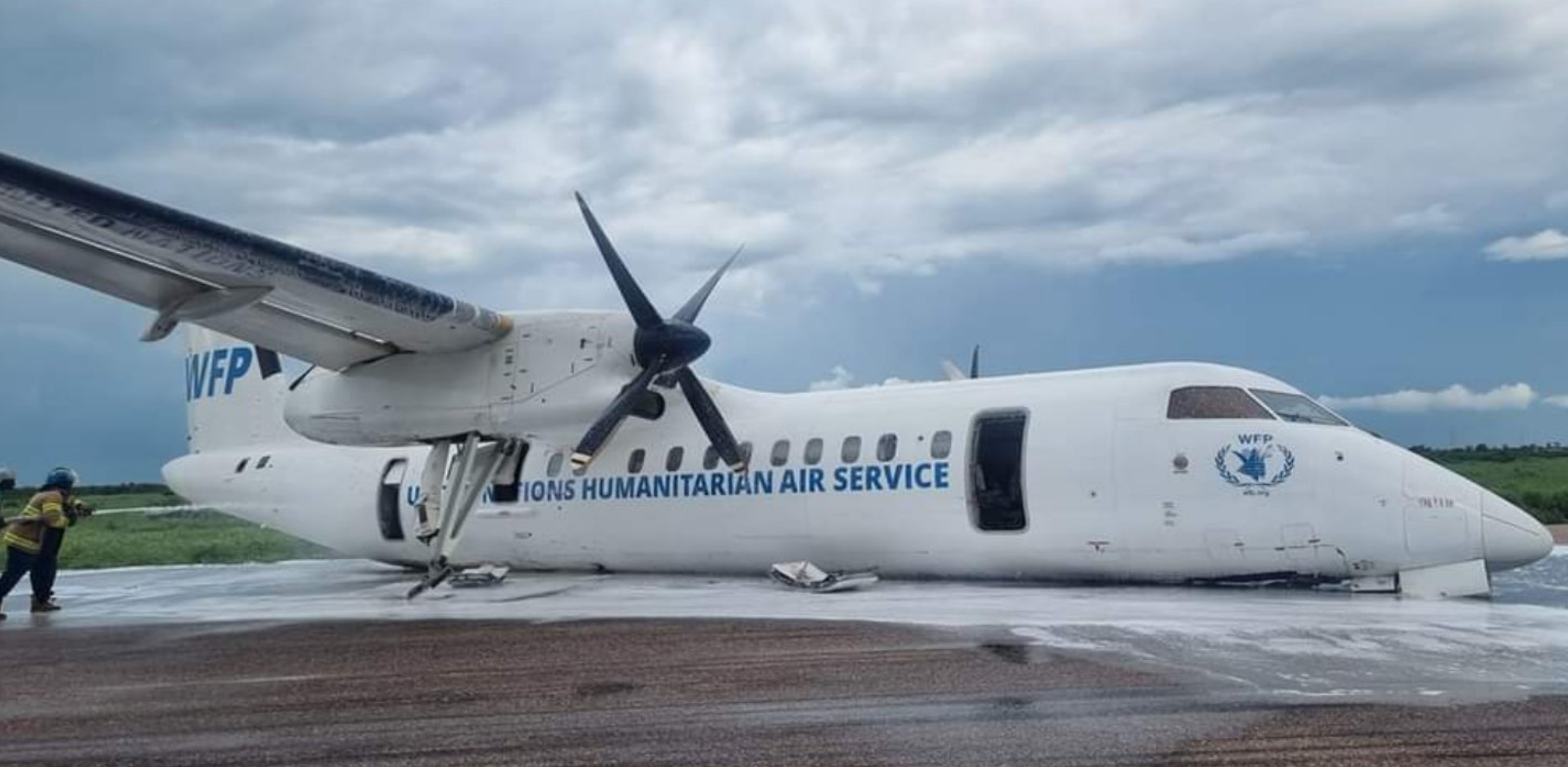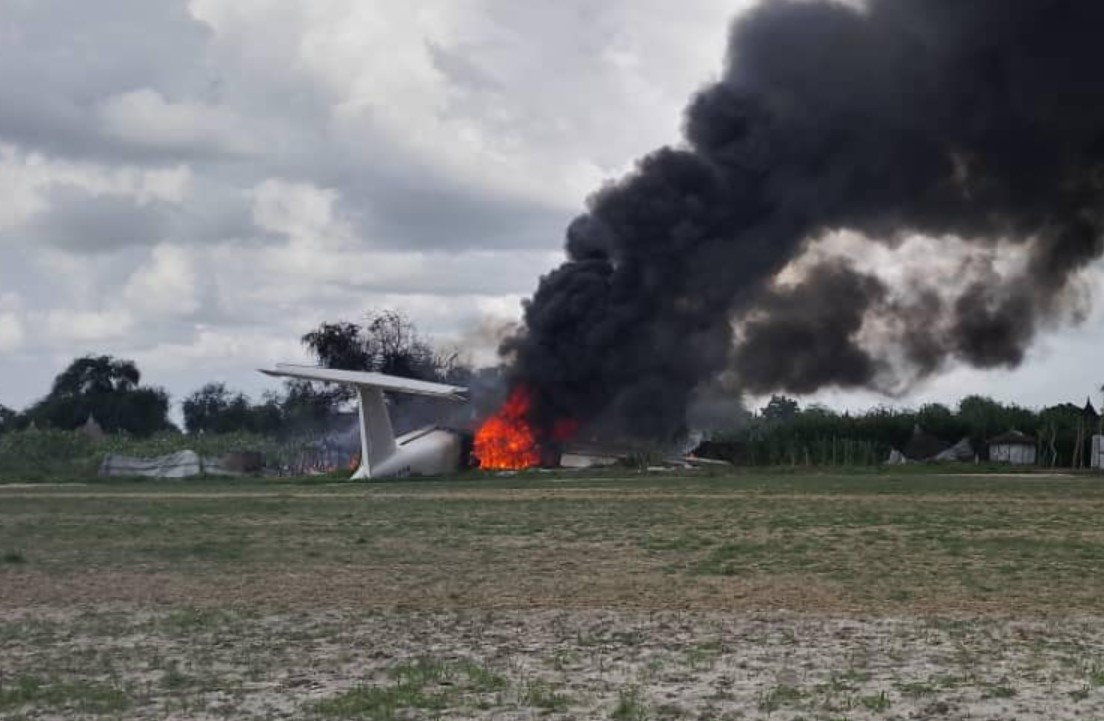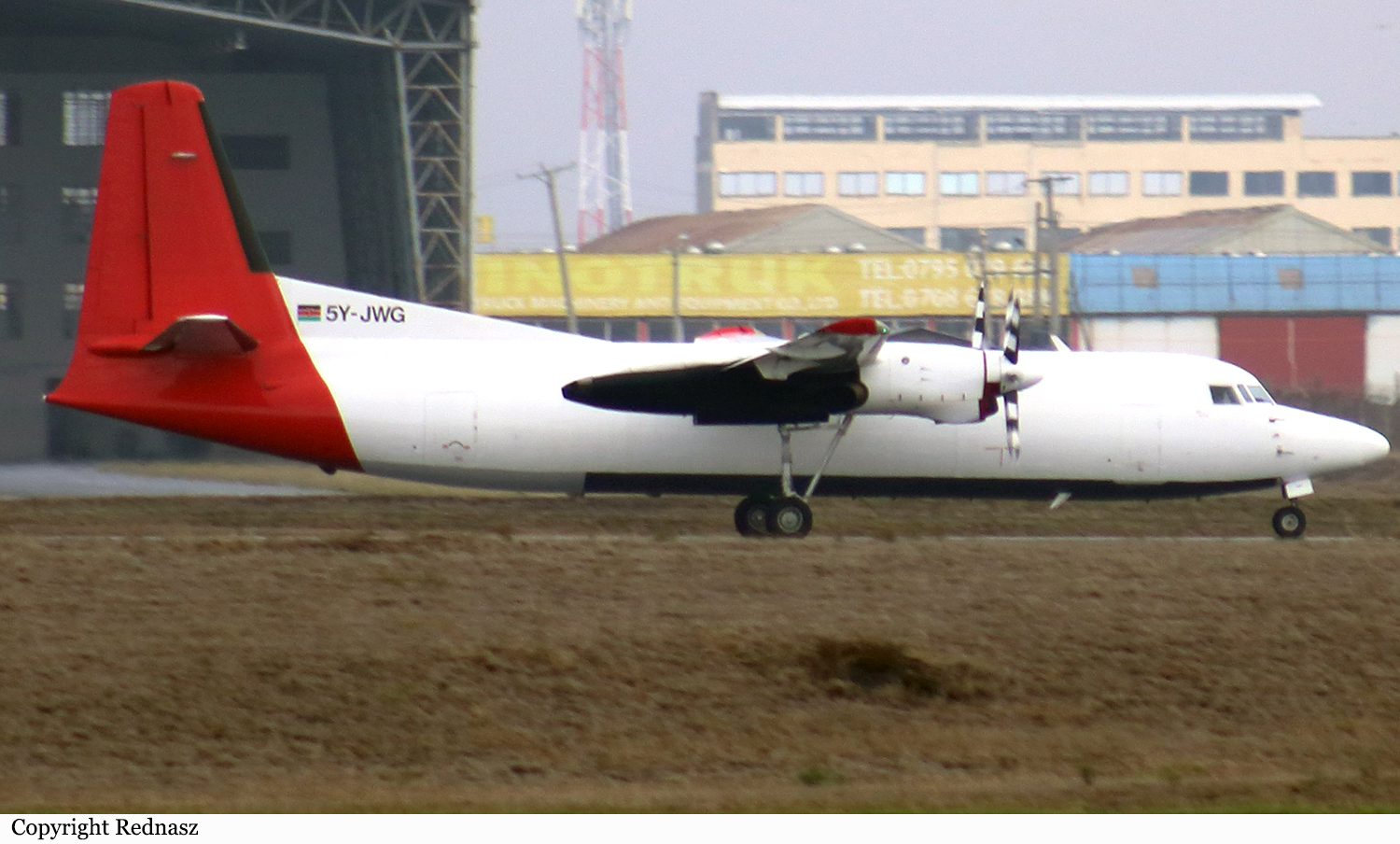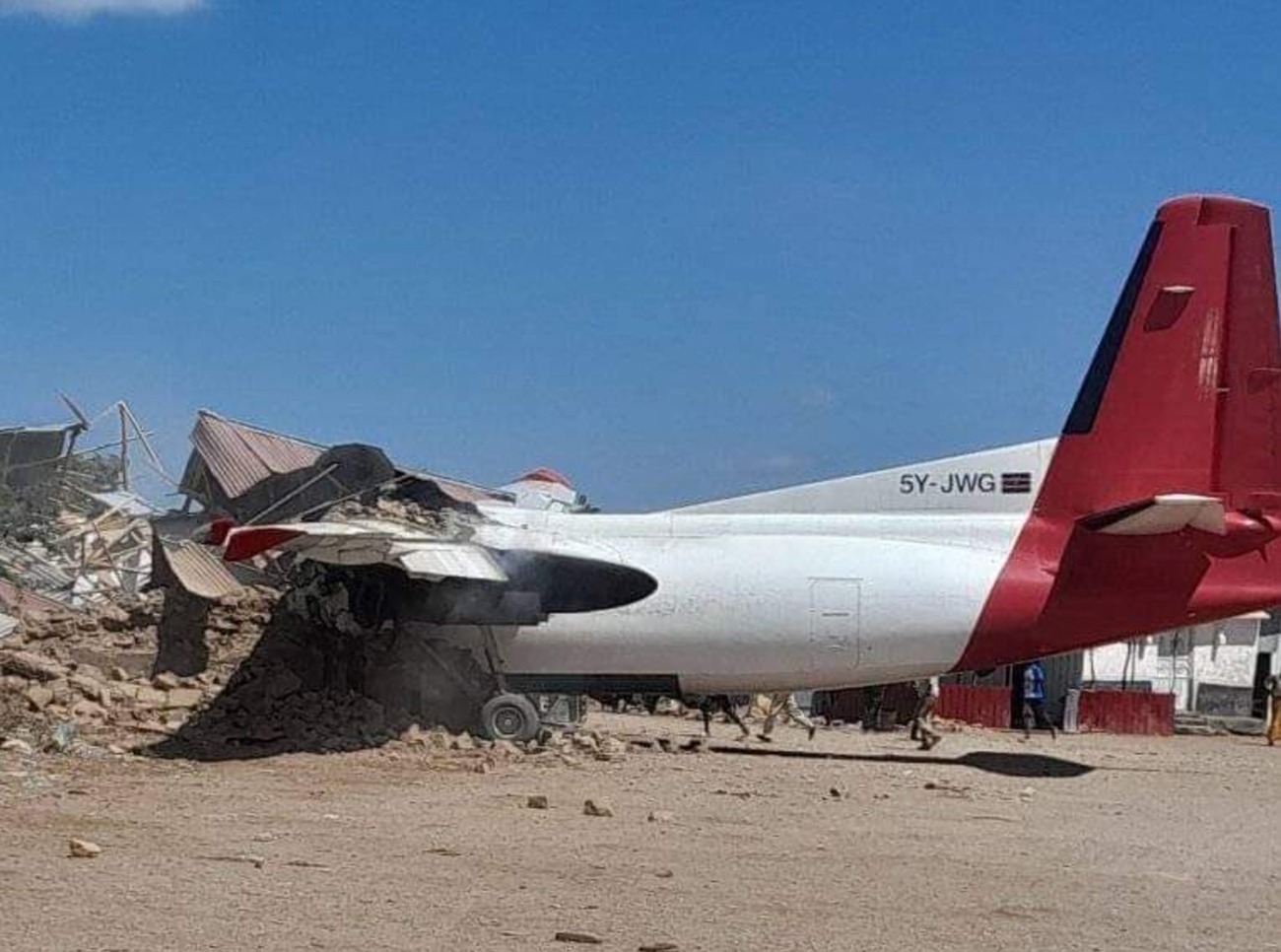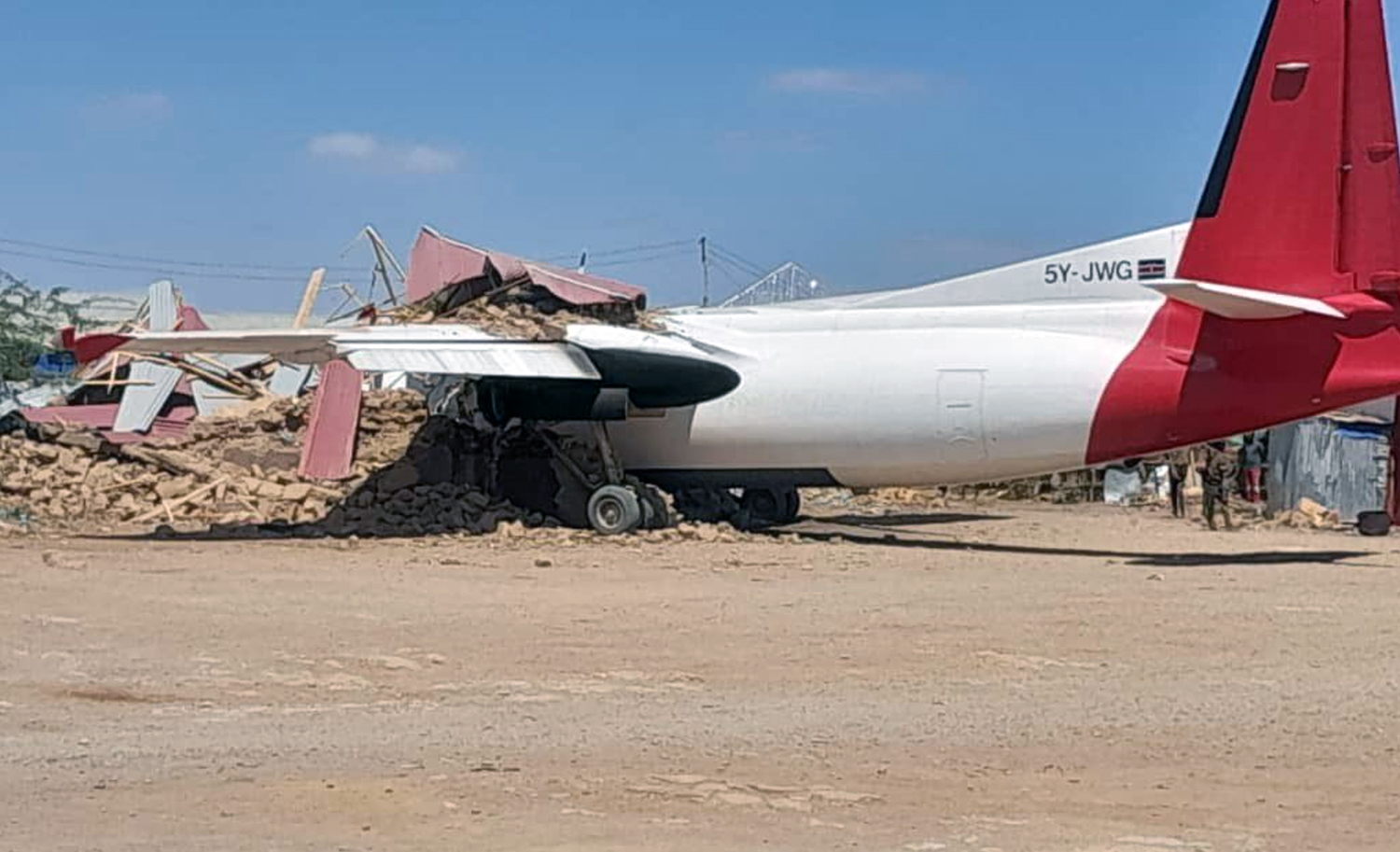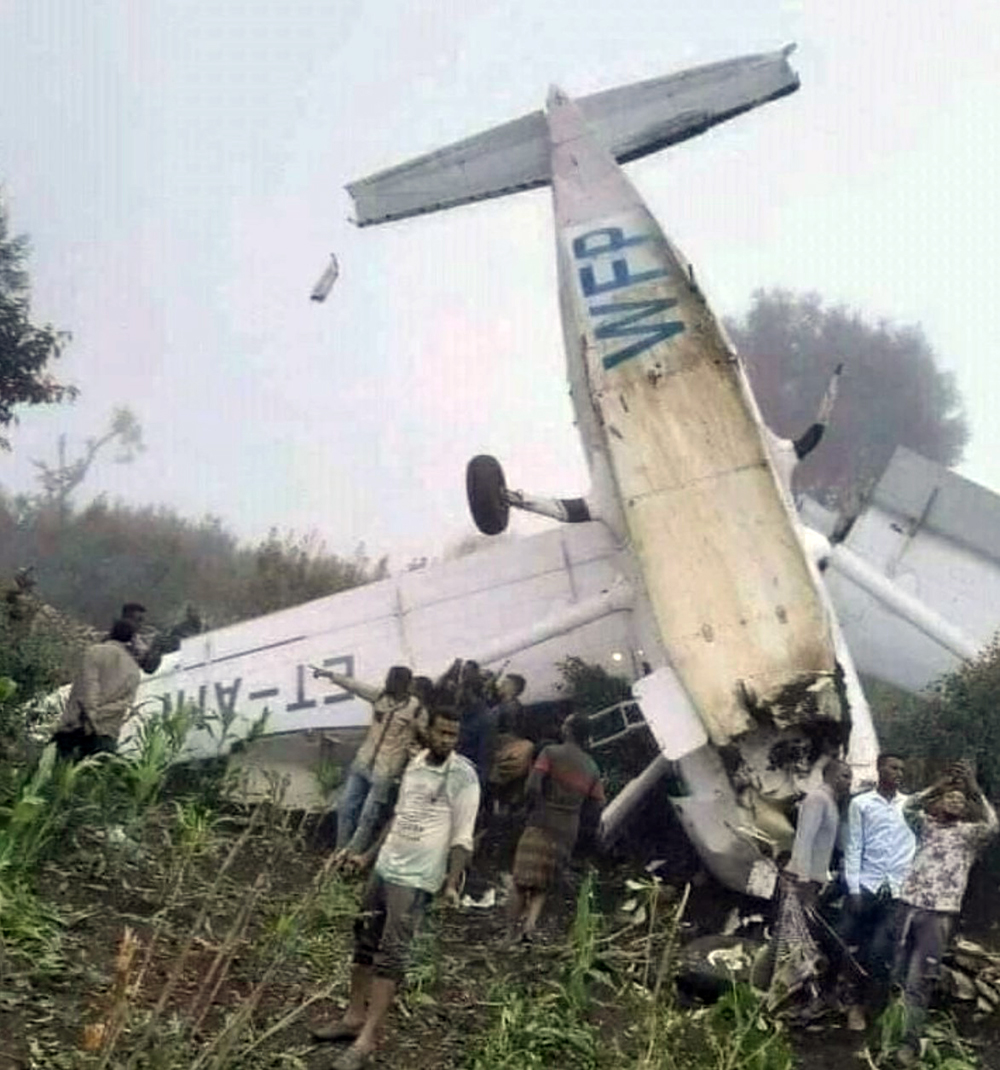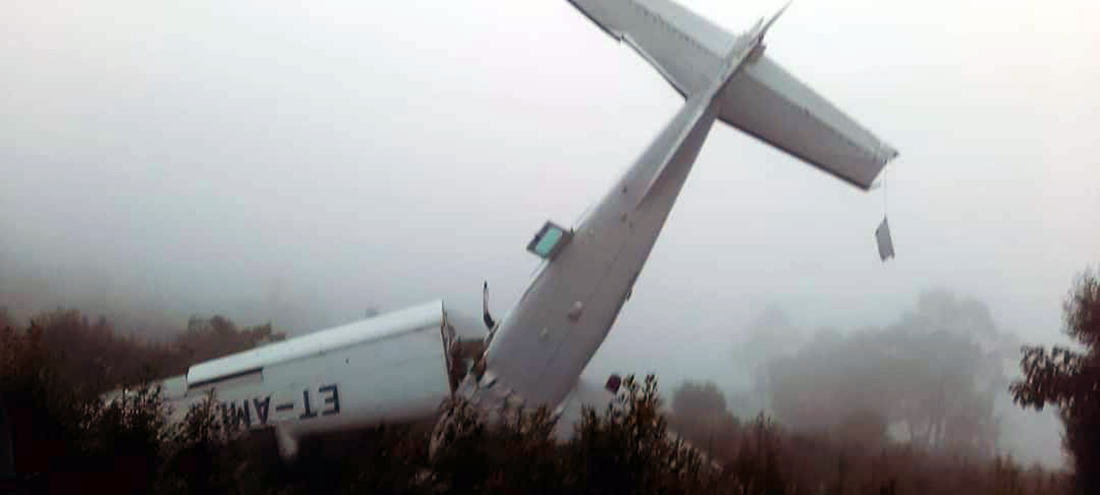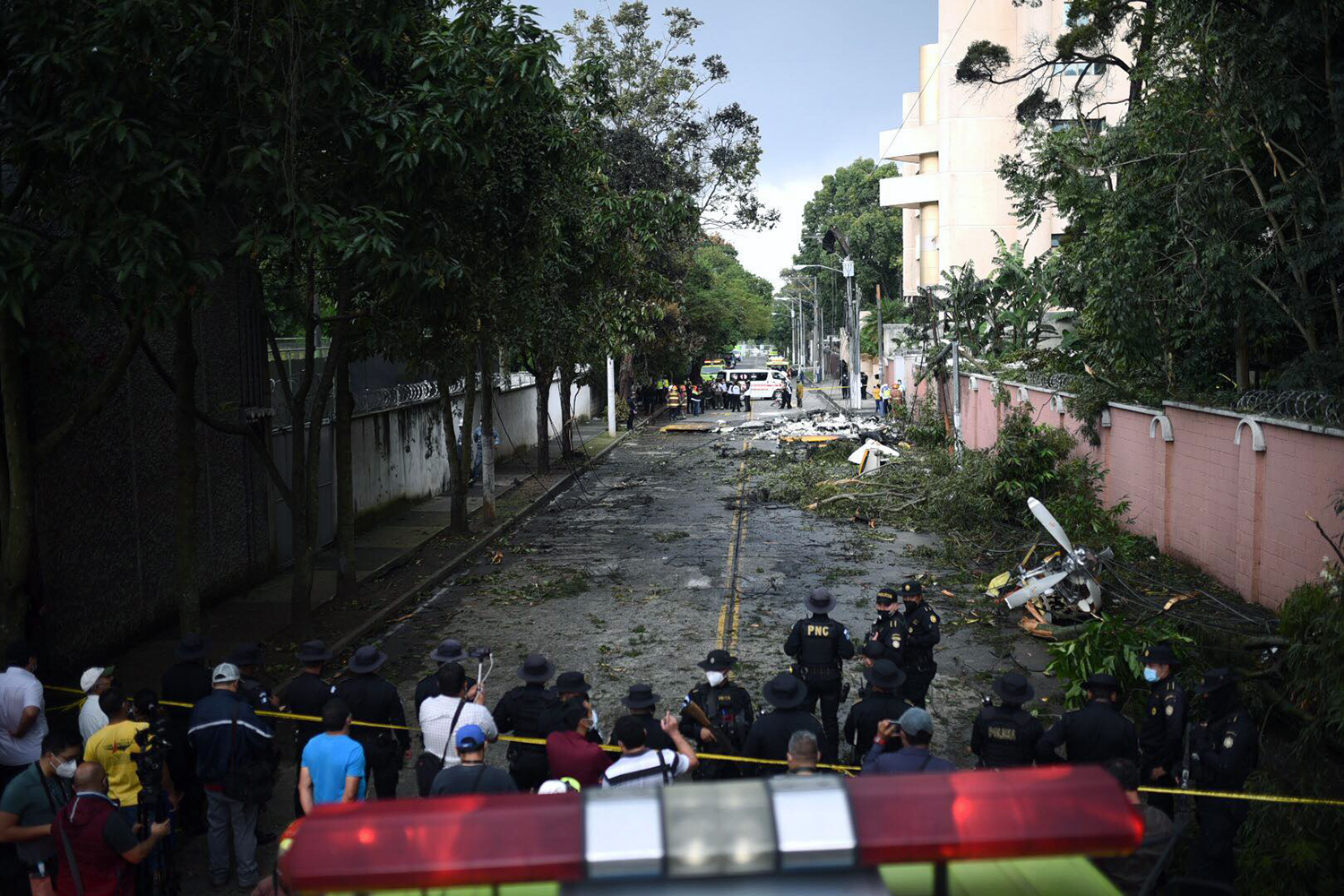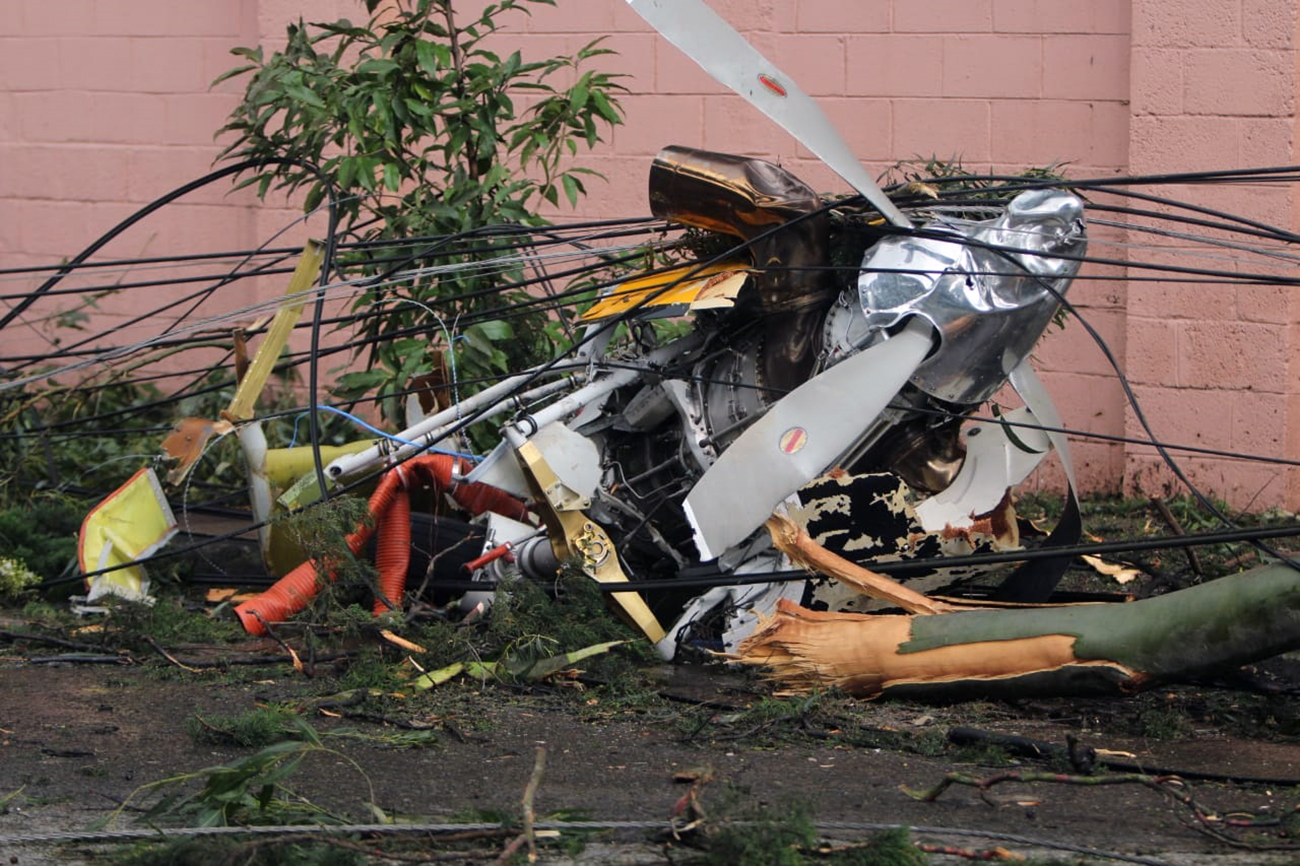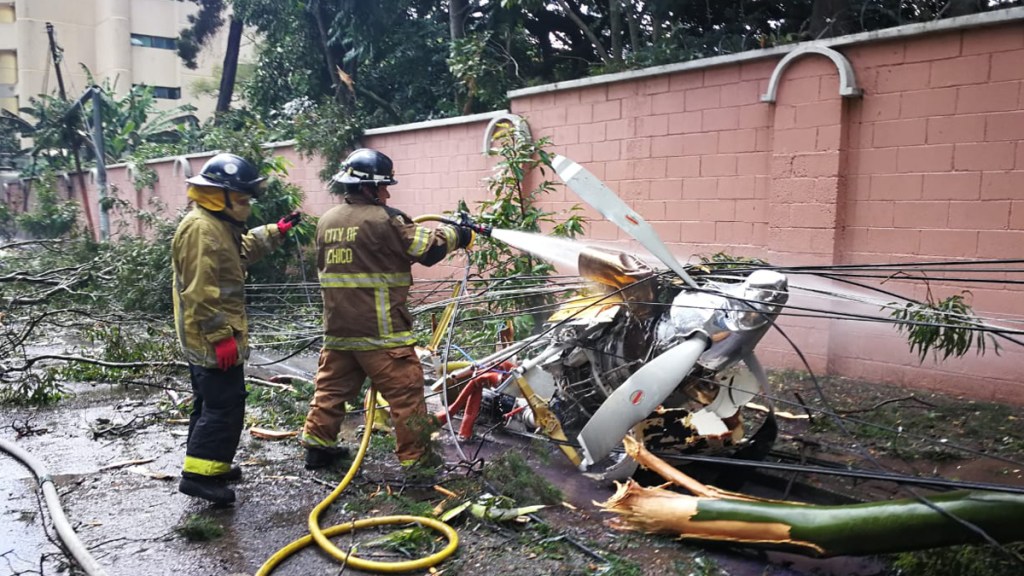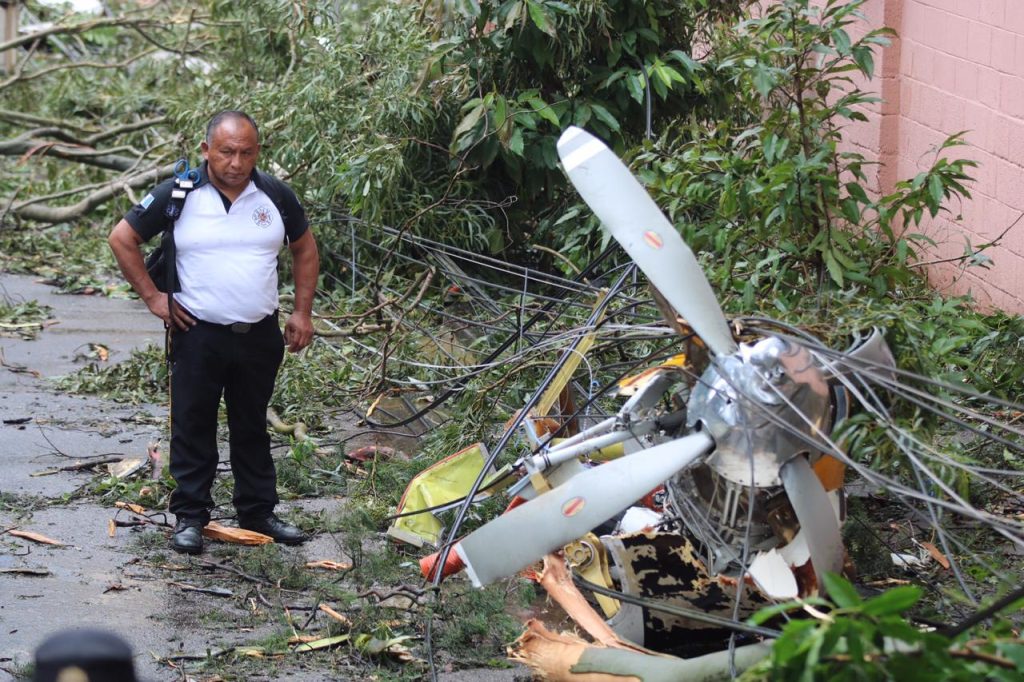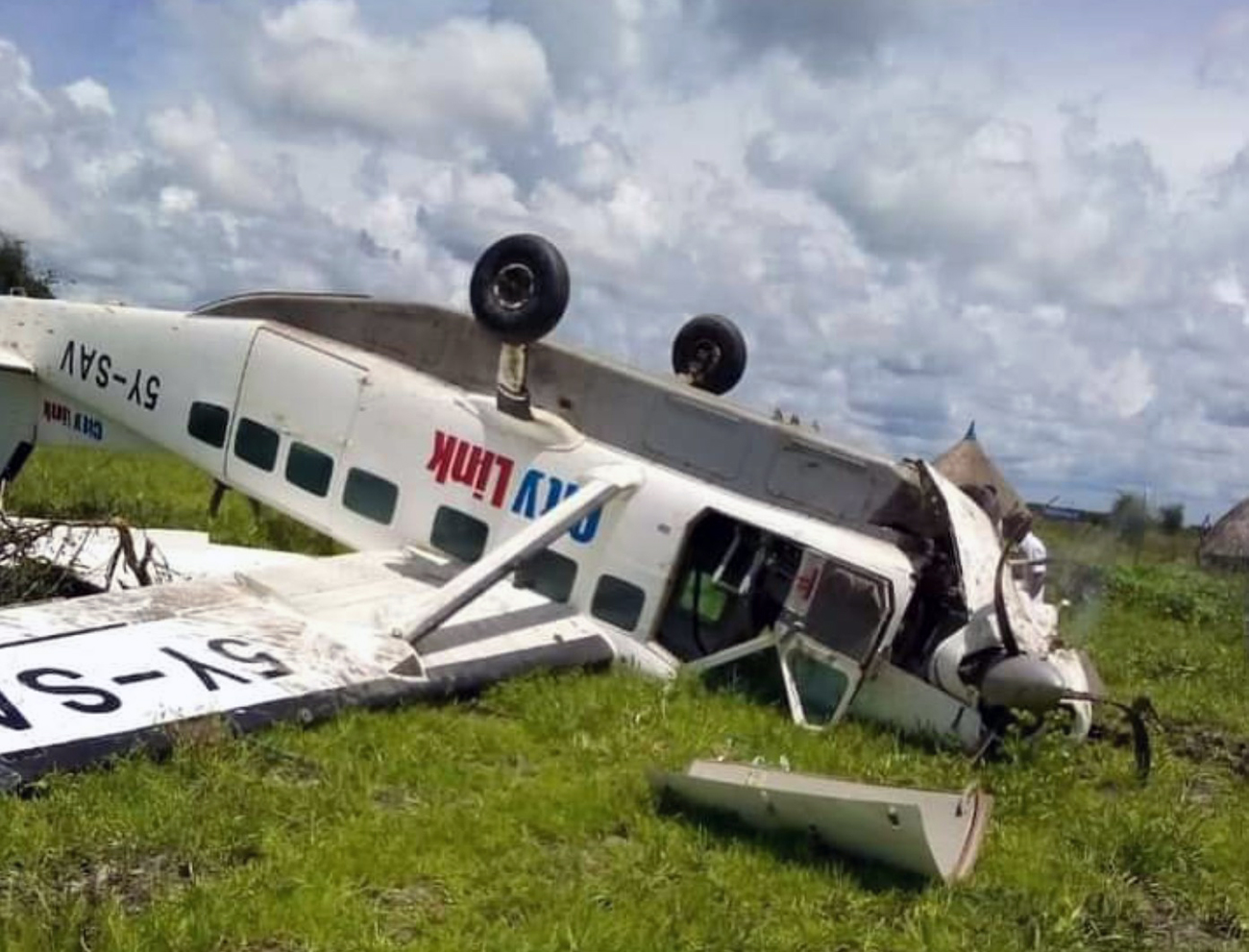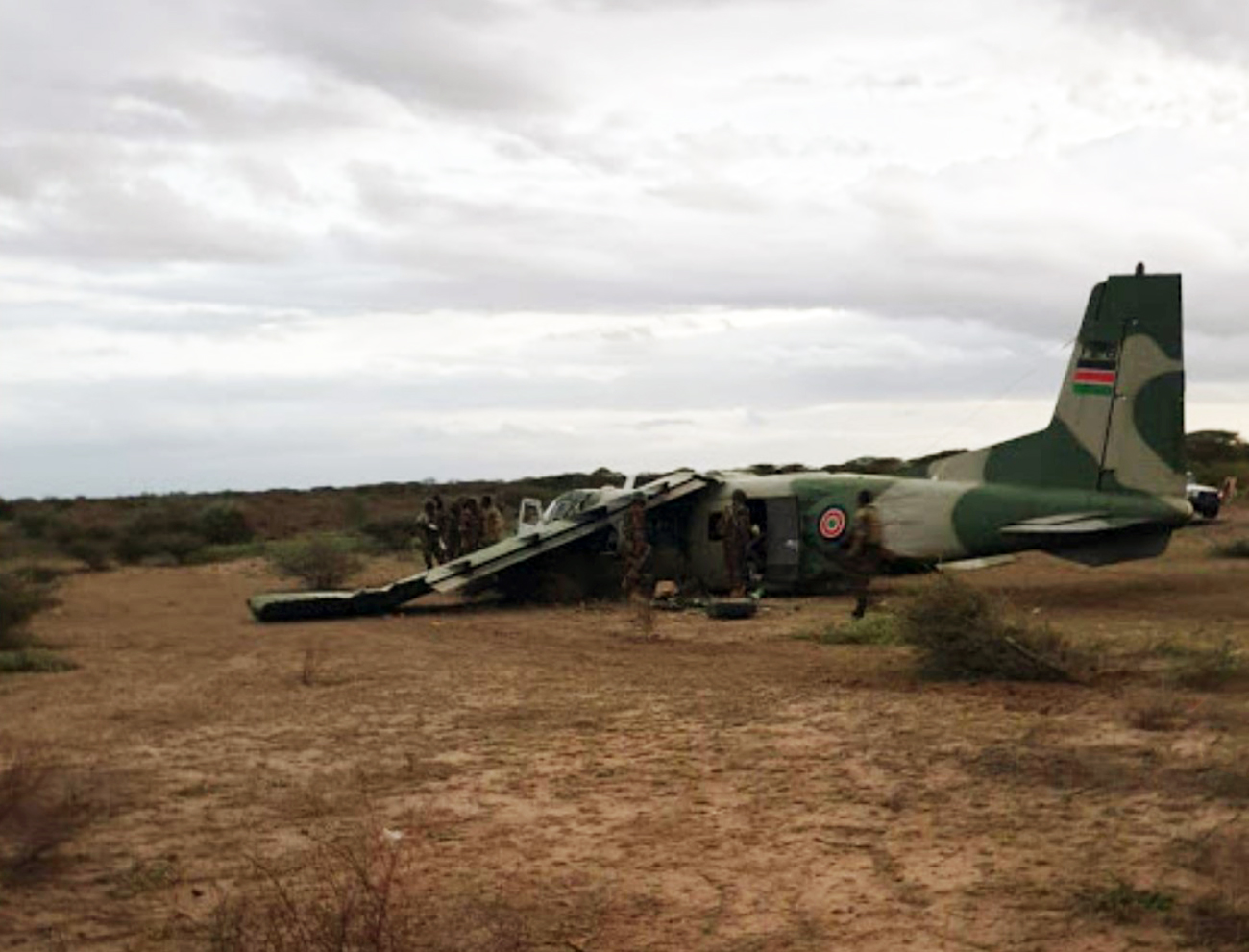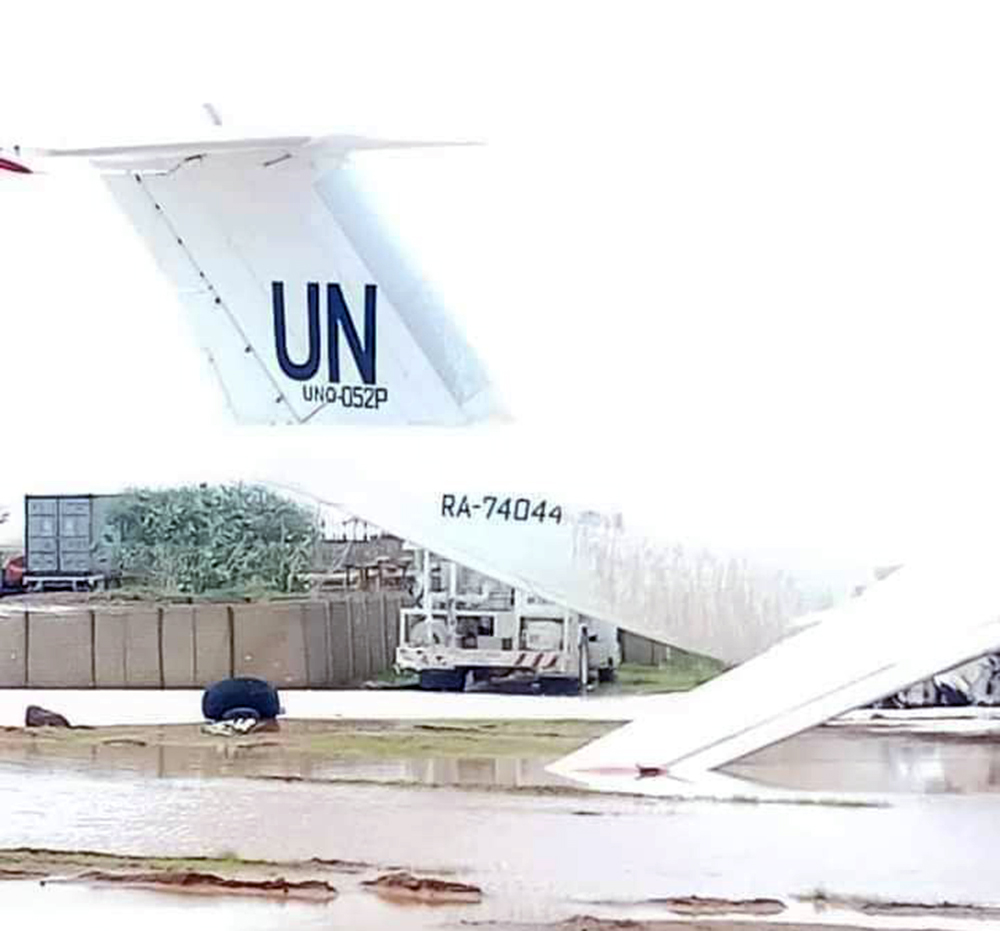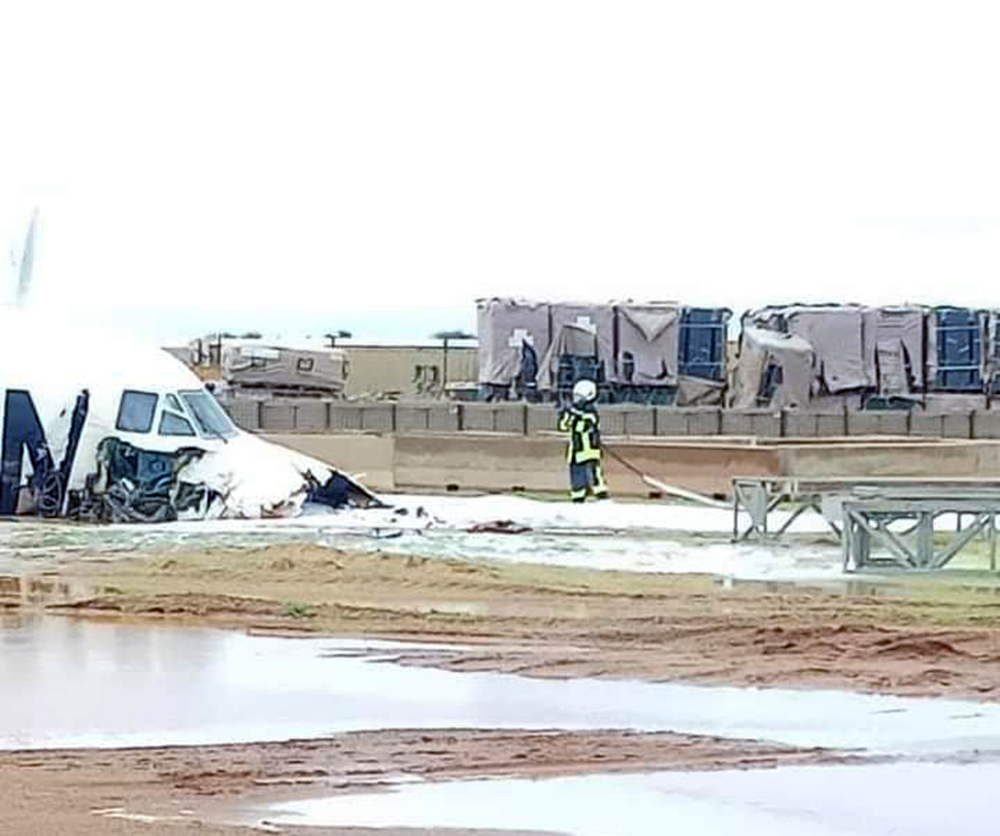Crash of an Antonov AN-26B-100 in N'Délé
Date & Time:
Feb 10, 2025
Registration:
UR-ELB
Survivors:
Yes
Schedule:
Bangui - N'Délé
MSN:
140 05
YOM:
1985
Crew on board:
5
Crew fatalities:
Pax on board:
0
Pax fatalities:
Other fatalities:
Total fatalities:
0
Circumstances:
After landing on a dirt Runway 17 at N'Délé Airfield, the airplane was unable to stop within the remaining distance. It overran, lost its undercarriage and came to rest in bushes. All five crew members were rescued, among them two were slightly injured. The airplane was completing a humanitarian flight from Bangui on behalf of the United Nations Organization. It is believed that the airplane collided with a two metres high earth mound located short of runway, causing damage to the left main gear that collapsed after landing.
